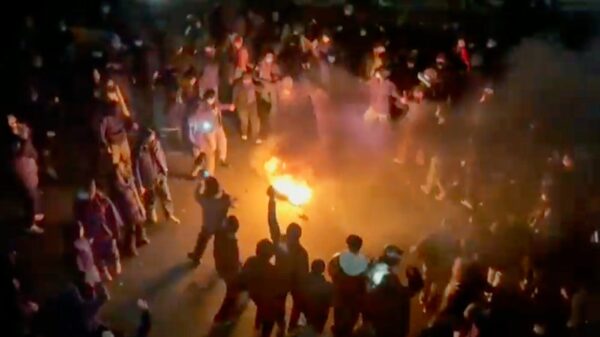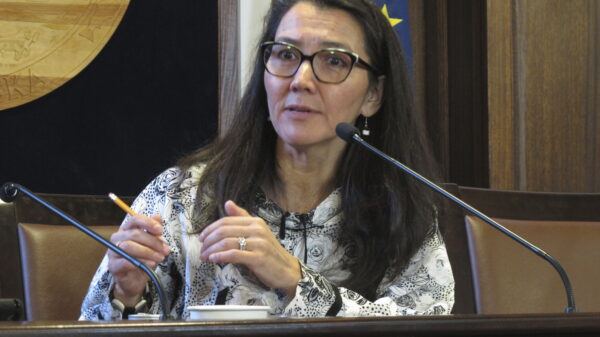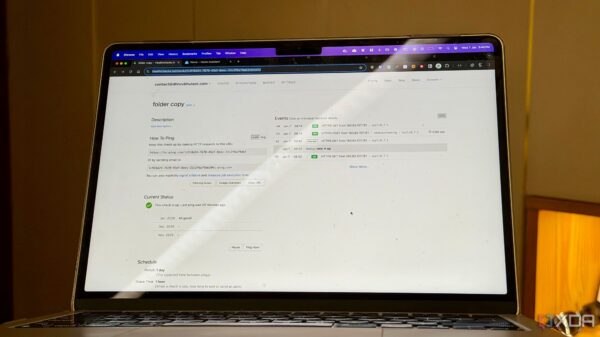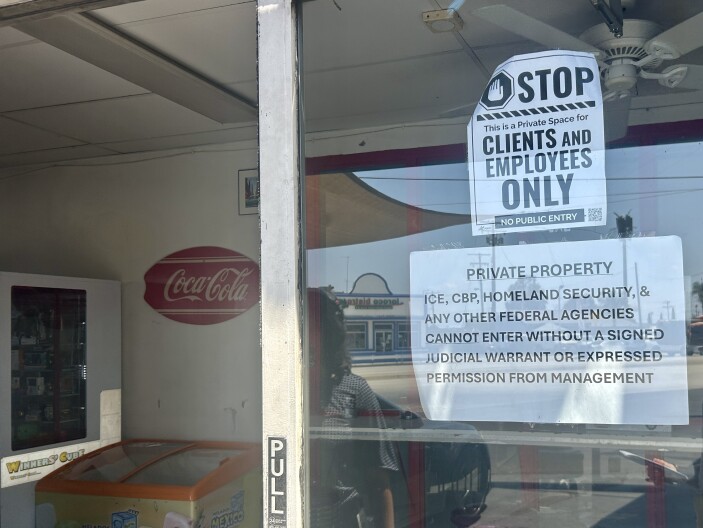In a series of targeted operations, immigration agents have raided multiple car washes across Los Angeles and Orange County, leaving many workers vulnerable and fearful. The raids began in early June, with agents first appearing at Touch and Glow Car Wash in Whittier, a predominantly Latino neighborhood. Hector Contreras, the assistant manager, described the scene as chaotic, stating he was surrounded by agents who did not inquire about his legal status before detaining him for around ten minutes. Despite proving his status as a legal permanent resident, three of his colleagues were taken into custody, and several others have not returned to work since.
The rapid enforcement actions by agents from the Immigration and Customs Enforcement (ICE) have created a climate of fear within the immigrant community. Reports indicate that the focus of these sweeps is primarily on workers rather than the business owners. According to data compiled by LAist, nearly 50% of publicized immigration actions in Southern California since March 27, 2023, have occurred in car washes, an industry that has become emblematic of the labor landscape in Los Angeles.
Impact on Workers and Community
The CLEAN Carwash Worker Center has documented over 100 detentions linked to these raids in Los Angeles and Orange counties, predominantly involving workers but also affecting customers. Although the frequency of these raids has decreased recently due to legal challenges preventing immigration actions based on race or ethnicity, local reports suggest that operations continue.
A hearing scheduled for September 24 will address the possibility of a more permanent ban on such enforcement practices. Notably, penalties against employers for hiring unauthorized workers are rare. Since January, LAist found only one instance where an employer faced consequences, resulting in probation and community service for the general manager of a painting company.
The Department of Homeland Security (DHS) has not disclosed specific data regarding enforcement actions against employers. Tricia McLaughlin, assistant secretary at DHS, emphasized that industries harboring criminals would not be protected. Ciaran McEvoy, a spokesperson for the U.S. Attorney’s Office for the Central District of California, confirmed that there have been very few immigration-related criminal cases under the current administration.
Legal Landscape and Employer Accountability
The 1986 Immigration Reform and Control Act established fines and jail time for employers who knowingly hire unauthorized workers, yet enforcement of these regulations has been inconsistent. Business leaders often oppose strict immigration laws, viewing undocumented workers as a source of low-cost labor. This dynamic raises questions about the effectiveness of current immigration policies.
Employers are required to verify work eligibility through documentation, including passports or green cards. The E-Verify system was created to prevent the use of fraudulent documents, but its adoption is not mandatory in many states, including California. Currently, around 1.4 million businesses use E-Verify, a small fraction of the total number of businesses in the state.
In interviews with LAist, owners of targeted car washes expressed that they believed they complied with employment verification requirements. Omar Mawazini, owner of Anaheim Car Wash, stated that his job is limited to collecting necessary documents, not enforcing immigration laws. Other managers echoed this sentiment, asserting that their employees were authorized to work.
Despite the lack of prior notice or interaction during the raids, workers reported feeling threatened and intimidated. One manager recounted that agents conducted a raid at Bubble Bath Car Wash in under three minutes, disregarding requests for warrants and private property signs.
Community Response and Future Outlook
The car wash industry is particularly prominent in California, as it offers employment opportunities for many immigrants. However, the recent raids have deterred many workers from returning to their jobs. Andrea Gonzalez, deputy director of CLEAN, noted that over half of their members have opted to stay home out of fear. Some have even chosen to return to their home countries.
To support affected workers, cities in Los Angeles and Orange counties have established funds for undocumented residents unable to work. Many workers face the added challenge of being unable to claim unpaid wages if their employers suspect their immigration status.
In response to the raids, Touch and Glow Car Wash has taken steps to fortify its operations, including marking private spaces to deter immigration agents. Co-owner Rosio Sarabia highlighted the significant community support they have received, stating that many families have stepped in to help keep the business afloat. Sarabia criticized the administration’s immigration policies, asserting that they are failing to address the realities of immigrant labor in California.
As the situation continues to evolve, the implications of these raids on the immigrant workforce and the broader community remain to be seen. The focus on workers rather than employers raises critical questions about accountability in an industry heavily reliant on immigrant labor.






































































